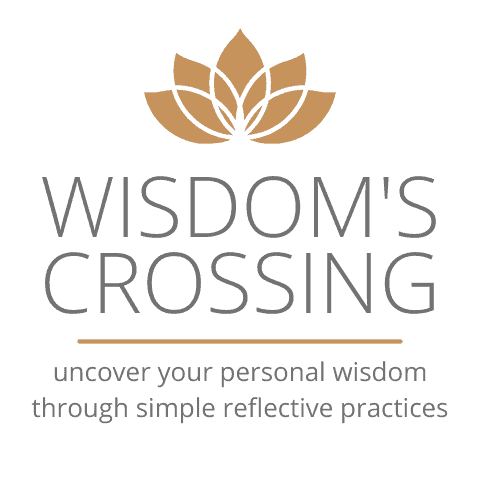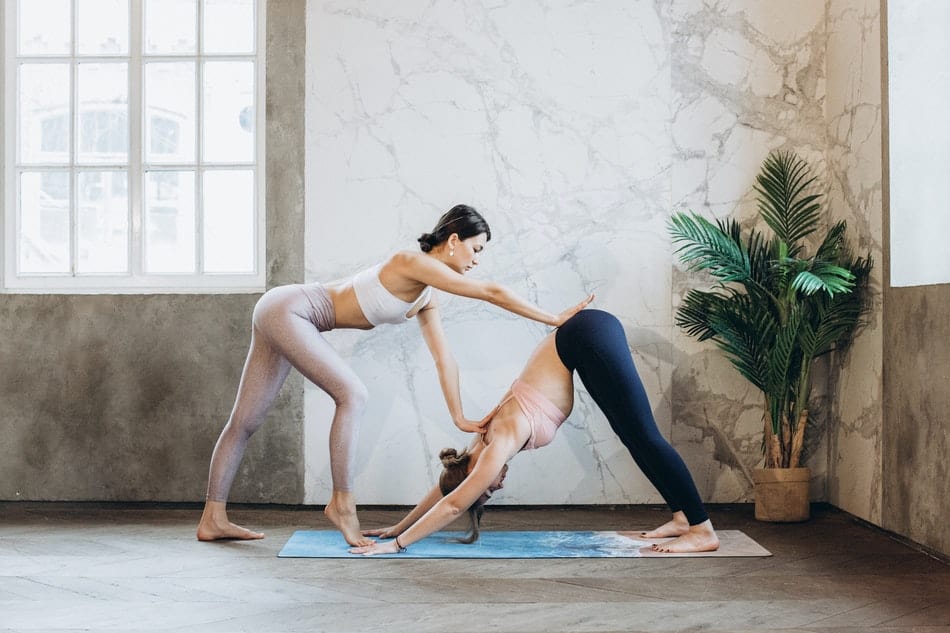Do you know the difference between hatha versus vinyasa yoga? If not, don’t worry! This article will break it down for you. The difference between Hatha and Vinyasa yoga is the way that each pose has its distinct personality. Both styles of yoga have their benefits, but which one is right for you? Keep reading to find out!
Hatha and vinyasa yoga are both popular types of yoga, but they differ in their approach. Hatha yoga is more traditional and focuses on holding poses, while vinyasa yoga is more active and flowing. Both styles have their benefits, so it’s really up to the individual to decide which one is right for them. Let’s explore the differences together.
What Is Hatha Yoga?
Hatha yoga is an ancient form of yoga that emphasizes physical and mental discipline. The word “hatha” can be translated as “forceful,” which reflects the practice’s emphasis on effort and perseverance. Hatha yoga is often practiced to achieve self-transcendence or a state of union with the divine.
While hatha yoga is often associated with vigorous, flowing movements, it can also be quite gentle and restorative.
The Benefits Of Hatha Yoga
Hatha yoga is one of the most popular types of yoga, and for good reason. Hatha yoga can provide several benefits for your health and well-being. Here are the benefits of hatha yoga that you may not be aware of:
- Hatha yoga can help to improve your flexibility: If you have ever considered taking up yoga but were put off by the thought of being unable to touch your toes, then hatha yoga could be perfect for you. This type of yoga is known for its slow and gentle approach, making it ideal for beginners or those looking to improve their flexibility.
- Hatha yoga can help to ease stress and anxiety: The deliberate movements of hatha yoga can help to ease stress and anxiety. The focus on your breath can also help to clear your mind and bring a sense of calmness. If you are looking for a way to relax and de-stress, then hatha yoga could be perfect for you.
- Hatha yoga can help to improve your strength and stamina: Despite its slow and gentle approach, hatha yoga can be quite challenging, especially if you are new to the practice. As you progress, you will find that the poses become increasingly difficult, providing a great workout for your muscles. Hatha yoga can also help to improve your stamina and endurance levels.
What Is Vinyasa Yoga?
Vinyasa yoga is a type of yoga that focuses on breath-synchronized movement. Ashtanga and power yoga are both types of vinyasa yoga. Vinyasa means “linking” in Sanskrit, and the word often used to describe the sequencing of poses in a vinyasa class is “flow.”
Most vinyasa classes will start with sun salutations, a series of movements that are meant to warm up the body. From there, instructors will typically lead students through a series of standing poses, seated poses, and then finishing poses. The number of repetitions and the specific poses will vary from class to class.
The Benefits Of Vinyasa Yoga
- One of the main benefits of practicing Vinyasa yoga is that it helps to build heat in the body, which can lead to improved flexibility and circulation.
- Another benefit of Vinyasa yoga is that it can help to calm and focus the mind. The continuous flow of movement and breath helps to bring about a sense of tranquility and inner peace.
- Finally, Vinyasa yoga can help to build strength and endurance. The flowing nature of the practice means that you are constantly using your muscles, which can lead to increased strength over time.
Hatha Versus Vinyasa Yoga: What Are The Differences?
If you’re new to yoga, then it’s important to know that there are different types of yoga out there. Hatha and Vinyasa yoga are two of the most popular forms of yoga, but they differ quite a bit. Hatha yoga is a more traditional form of yoga that focuses on static, holding poses for an extended period. Vinyasa yoga, on the other hand, is a more dynamic form of yoga that emphasizes movement and flow.
Here are some of the differences
- First, hatha yoga is generally slower-paced and focused on holding poses for longer periods, while vinyasa is more dynamic with a focus on flowing through sequences of poses.
- Second, hatha classes often emphasize proper alignment in each pose, while vinyasa classes place more emphasis on the breath and connecting movement with breath.
- Finally, while both styles can be beneficial for your health, hatha yoga is typically better for beginners or those looking for a more relaxing practice, while vinyasa may be better suited for people who are looking for a more challenging workout
So which type of yoga is right for you? It depends on your personal preferences and goals. If you’re looking for a more challenging workout, then Vinyasa yoga might be a better option. But if you’re simply looking to relax and de-stress, then Hatha yoga would be perfect. Ultimately, it’s your choice to know the type of yoga that is right for you. Experiment with both and see what works best for you.
Final Words
So, what’s the bottom line? If you’re looking for a more vigorous, fitness-based practice, vinyasa yoga is probably your best bet. However, if you want something a little more low-key and relaxing, hatha yoga may be more up your alley. Either way, both types of yoga offer a myriad of benefits for the mind, body, and soul – so it’s just a matter of finding the right fit for you.
Both hatha and vinyasa yoga have their unique benefits that can appeal to different people. It just comes down to what you’re looking for in a practice.
Do you have any experience with Hatha or Vinyasa yoga? Share your thoughts in the comments below! I’d be happy to hear them.
Popular Articles

